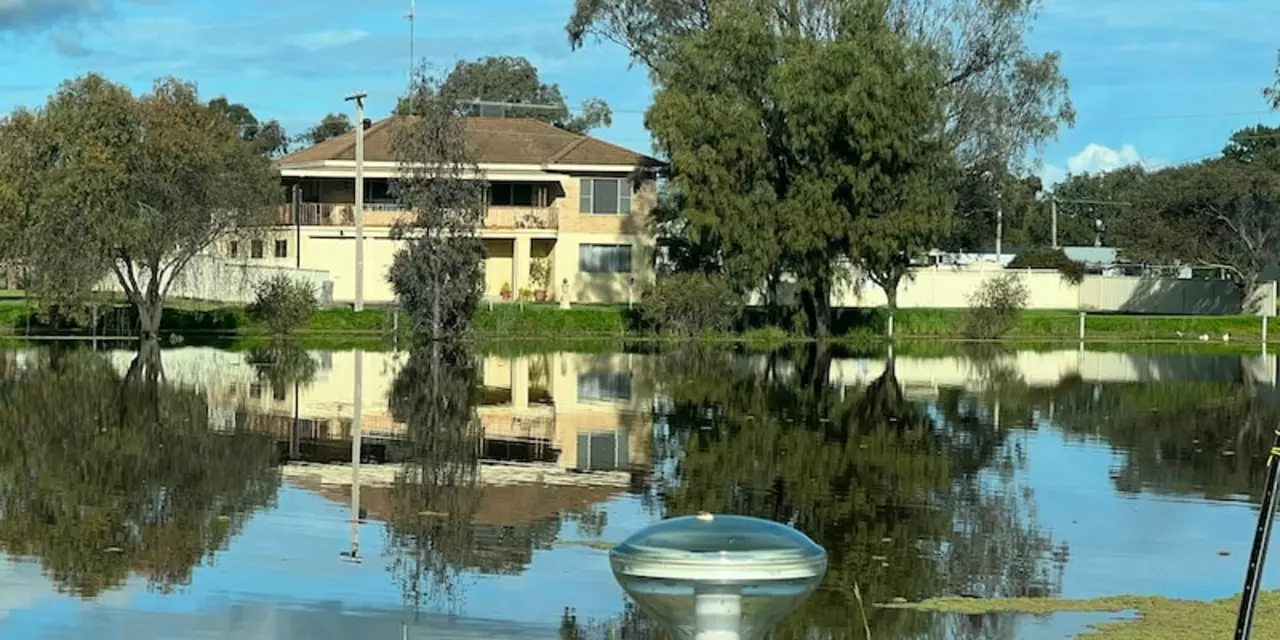Fake: Spotting Myths, Lies and Bad Advice
False claims move fast online. Studies show false news often spreads quicker than true stories. That makes a tag called "fake" useful — this page brings together articles that question bold claims, debunk myths, and give simple steps to check the truth. Expect pieces about education myths, tech misconceptions, business claims, and everyday rumors that keep resurfacing.
What do we cover here? Short answer: anything that looks fishy. You’ll find posts that test common takes like "Is an associates degree in Information Technology useless?", examine big-money claims such as "What is the startup cost for a Dave and Buster's?", and answer odd but common questions like "Are there TVs in a submarine that can receive regular channels?" Each article aims to cut through hype and give straight facts you can use.
Quick checklist to spot a fake claim
Use these five quick checks whenever a headline surprises you:
- Check the source: Is it a trusted outlet or an unknown site with clickbait headlines?
- Look for evidence: Are links to original reports, data, or expert quotes present?
- Find multiple confirmations: If only one page reports it, be skeptical.
- Watch the language: Absolutes like "always" or "never" and emotional wording often mean exaggeration.
- Ask about motive: Is the story selling a product, pushing a viewpoint, or chasing clicks?
These checks work whether you’re reading about education loans, career advice, or corporate failures. For example, a headline claiming a bank offers 0% interest education loans for girls needs proof beyond a single promotional post — the fine print and eligibility rules matter.
How we handle "fake" topics
Our writers read original sources, point out where claims fall short, and summarize the practical takeaway. If a topic involves numbers, we show the math. If it’s about careers or education, we list what really helps you get ahead. When a post covers tech risks or company failures, we separate hype from fact so you know what matters for decisions.
Use this tag as a quick reference: read the debunks, run the checklist, and don’t rely on a single headline. If you spot a claim that looks wrong or missing context, tell us — we’ll check the facts and update or publish a clear answer. That’s the point: less guesswork, more reliable info you can act on.
Is Forbes fake business news?
This article examines the reliability and credibility of Forbes as a news source. It points out that while Forbes is a major media outlet, it is not a traditional news organization and its primary goal is to generate revenue. It also discusses how Forbes has been criticized for its lack of objectivity, specifically in its coverage of business news. The article concludes that while Forbes can be a valuable source of information, it should be read with a critical eye. Readers should be aware of the potential conflict of interests that may exist in its content.
